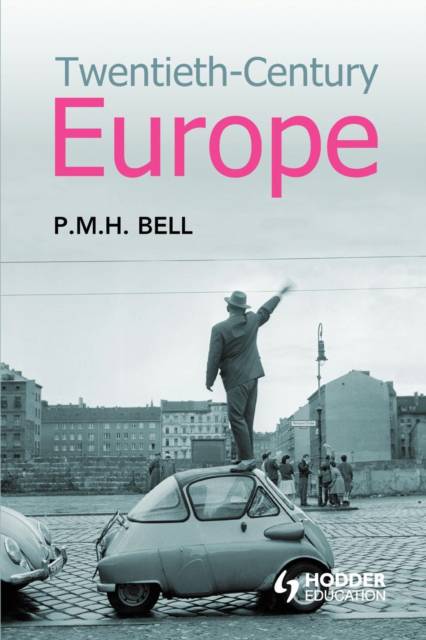
- Retrait gratuit dans votre magasin Club
- 7.000.000 titres dans notre catalogue
- Payer en toute sécurité
- Toujours un magasin près de chez vous
- Retrait gratuit dans votre magasin Club
- 7.000.0000 titres dans notre catalogue
- Payer en toute sécurité
- Toujours un magasin près de chez vous
Description
This insightful study explores the proposition that the idea of European unity makes sense when there is more that unites Europe than divides it, and then asks when that has been true during the past hundred years. Providing the historical context necessary to fully understand the complexity surrounding the European Union beginning with the fundamental definition of what "Europe" means, the book cites specific examples of European cooperation during the past hundred years with particular attention to the last decade of the twentieth century. By emphasizing the vital dimension of historical perspective over more immediate European integration issues such as the euro and constitution, the author demonstrates that Europe's complex history is as much about the destinies and competing claims of the smaller nations as of the larger states.
Spécifications
Parties prenantes
- Auteur(s) :
- Editeur:
Contenu
- Nombre de pages :
- 352
- Langue:
- Anglais
Caractéristiques
- EAN:
- 9780340740552
- Date de parution :
- 01-06-06
- Format:
- Livre broché
- Format numérique:
- Trade paperback (VS)
- Dimensions :
- 155 mm x 231 mm
- Poids :
- 430 g

Les avis
Nous publions uniquement les avis qui respectent les conditions requises. Consultez nos conditions pour les avis.






